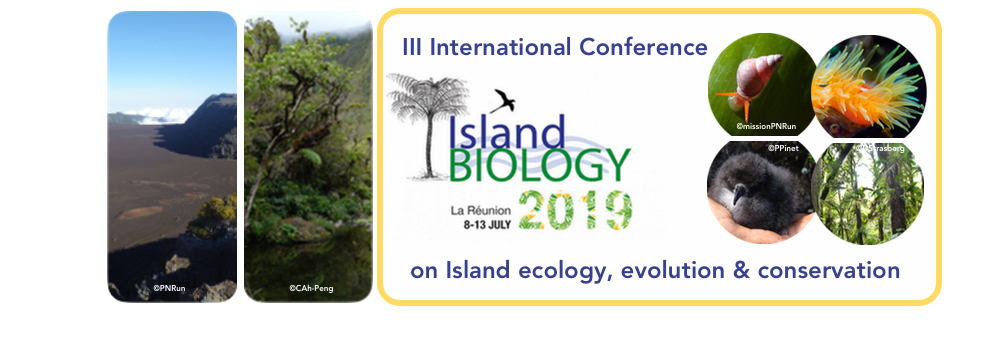Large vertebrates affect fire regimes by consuming plant matter that would otherwise accumulate as fuel. While fire was part of the natural landscape in pre-human Madagascar, today it is of a much higher intensity and frequency due to (1) the loss of the island's megaherbivore community, (2) the persistent and deliberate use of fire by humans, and (3) the creation and propagation of fire-prone grasslands. Madagascar's once diverse vertebrate herbivore assemblage of now-extinct primates, hippos, elephant birds and giant tortoises engineered the landscape. Giant tortoises were particularly important because they could attain high densities, maintain short-cropped grazing lawns and consume vast quantities of dry leaf litter, thereby reducing the fire fuel load and impact of natural fires. Madagascar's remnant and rapidly disappearing forests, home to one of the world's largest and most threatened endemic biota, are threatened by annual uncontrolled wildfires, invariably started to improve pasture for grazing cattle. With supporting evidence from studies of degraded ecosystems in Mauritius and Rodrigues that have been rewilded with Aldabra giant tortoises, we argue that rewilding Madagascar with giant tortoises is a viable landscape-based, long-term, low-maintenance approach to substantially lower the risk and impact of fires on forests at risk of fire in Madagascar. Giant tortoises would not only reduce above-ground plant biomass, but also help restore plant distribution through seed dispersal, and create a mosaic of habitats. Testing this approach as soon as possible is critical, as fire-proneness is projected to increase with climate change in large parts of Madagascar.

|
|
|
|
A fire-fighting perspective on rewilding Madagascar with giant tortoises
1 : Ebony Forest Ltd
(EFL)
Seven Coloured Earth Road, Chamarel -
Mauritius
2 : La Vanille Nature Park
Senneville Riviere Des Anguilles -
Mauritius
3 : Biodiversity Conservation Madagascar
* : Corresponding author
Résidence Fanambinantsoa Villa 3 Tanjombato Antananarivo 101 -
Madagascar
|
| Online user: 17 | RSS Feed |

|
 PDF version
PDF version